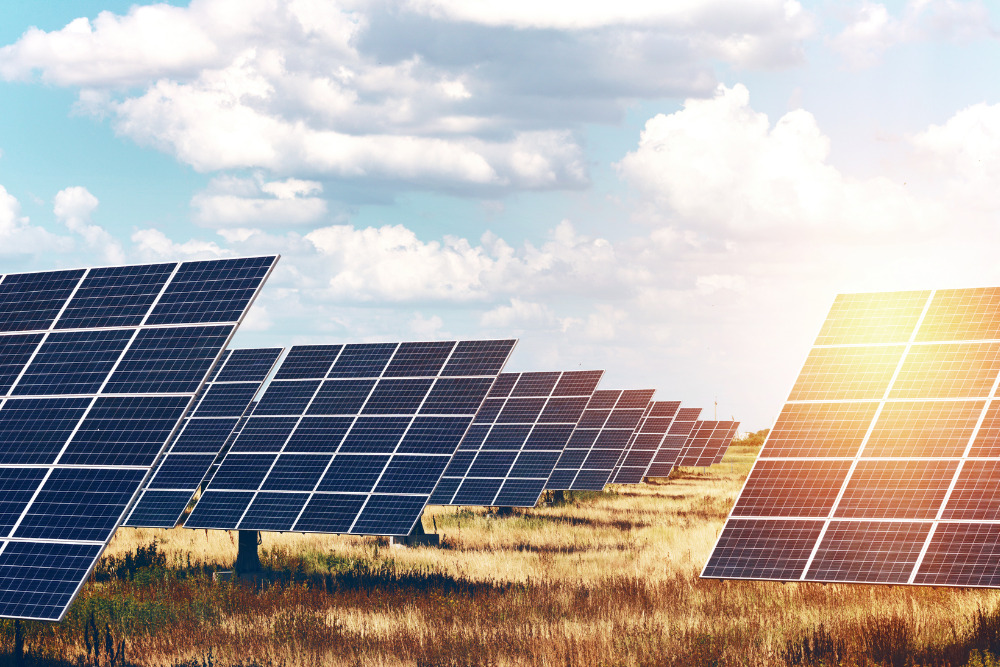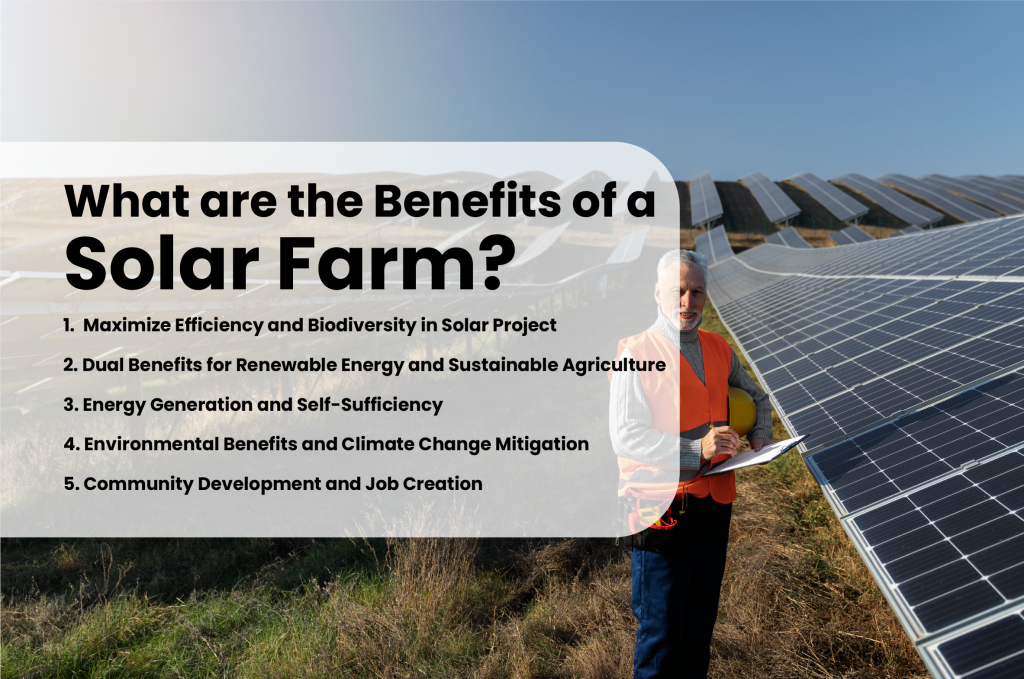Reduce Energy Bills with Simply Solar Illinois – Explore Your Solutions
Reduce Energy Bills with Simply Solar Illinois – Explore Your Solutions
Blog Article
Exactly How Solar Power Can Assist You Conserve Cash and Minimize Your Carbon Footprint
The assimilation of solar energy into your power profile presents a compelling possibility for both financial savings and environmental stewardship. By utilizing the sun's energy, home owners can significantly reduce their month-to-month energy costs while likewise guarding against the changability of future energy expenses. The shift to solar adds to a marked decline in carbon discharges, aligning personal finance with wider ecological goals. As numerous federal government rewards come to be offered, the question arises: how can one properly browse the first investments and ongoing benefits of solar technology to make the most of both financial and ecological gains?
Comprehending Solar Energy Cost Savings
While the transition to solar power typically includes a first investment, recognizing solar power cost savings is vital for house owners and businesses alike. Solar power systems can considerably decrease power expenses by taking advantage of the sun's power, equating into significant long-term financial advantages.
Moreover, solar power systems may certify for various economic rewards, including tax obligation credit reports and discounts, better improving their cost-effectiveness. The accessibility of net metering allows customers to offer excess power back to the grid, developing an added earnings stream. These variables add to the overall cost savings connected with solar power.

In enhancement to route monetary cost savings, solar energy provides the added advantage of enhancing home value. Homes geared up with photovoltaic panels are usually a lot more eye-catching to customers, as they guarantee lower energy prices - Simply Solar Illinois. Understanding these aspects is vital for anyone considering solar power, as it highlights not simply the potential economic gains, but also the wider ecological and economic benefits of taking on renewable energy remedies
Preliminary Expenses vs. Long-Term Perks
When reviewing solar power, it is necessary to consider the first expenses against the long-term advantages. The in advance investment for photovoltaic panels, setup, and related tools can be considerable, typically ranging from $15,000 to $30,000, relying on the system size and home power requirements. This first expenditure might prevent some property owners; nonetheless, it is vital to consider the possible savings with time.
When installed, solar power systems can dramatically minimize and even remove regular monthly electricity costs, resulting in substantial long-term financial advantages. Research studies show that property owners can conserve anywhere from $10,000 to $30,000 over the life expectancy of their solar system, typically 25 years. Furthermore, lots of states provide motivations, tax credit scores, and discounts that can counter initial costs, making solar extra accessible.

Lowering Your Carbon Footprint
Minimizing your carbon impact is an essential factor to consider in today's environmentally conscious society, and adopting solar energy is among one of the most reliable methods to achieve this objective. Solar power is a clean, renewable energy that considerably reduces reliance on fossil fuels, which are major factors to greenhouse gas discharges.

Furthermore, the prevalent fostering of solar modern technology encourages the growth of green work and sustains developments in energy storage and effectiveness. The even more people and companies purchase solar energy, the greater the collective click this decrease in carbon exhausts, fostering a cleaner ambience for future generations.
Government Rewards and Refunds
Embracing solar power not only benefits the environment yet can additionally result in considerable financial cost savings, especially with the schedule of government rewards and rebates. Various federal, state, and neighborhood programs are developed to urge property owners and companies to buy solar power systems, making the shift much more budget friendly.
Among one of the most popular motivations is the Federal Investment Tax Debt (ITC), which permits solar system proprietors to deduct a considerable percentage of the installation costs from their federal taxes. This reward has actually been essential in reducing the in advance expenditures connected with solar visit our website energy systems. In addition, numerous states provide their own tax obligation credits, grants, and rebates that can additionally enhance financial savings.
In addition, some neighborhood governments give building tax exceptions for solar setups, making certain that property owners do not face boosted real estate tax as an outcome of their renewable resource investments. Utility firms might also use motivations, including internet metering and feed-in tariffs, which allow solar power users to offer excess power back to the grid.
Picking the Right Solar System
Choosing the proper solar system is critical for optimizing energy efficiency and financial benefits. The decision rests on numerous elements, including energy needs, budget plan, and offered space. House owners should begin by analyzing their electrical power usage to establish the system size needed for ideal efficiency.
Next, take into consideration the different sorts of solar technologies offered. Simply Solar Illinois. Solar (PV) panels are the most common, converting sunlight straight right into electrical energy, while solar thermal systems concentrate on home heating water. Each type has distinctive benefits relying on private needs
Budget plan considerations are additionally critical. Initial installment expenses can differ considerably, so it is necessary to contrast quotes from numerous carriers and explore funding choices. Government rewards and rebates can further reduce the monetary worry, making solar systems a lot more accessible.
Conclusion
In summary, solar energy provides a practical solution for accomplishing substantial expense savings while at the same time lessening carbon exhausts. The initial financial investment, though significant, yields substantial long-lasting monetary advantages, with prospective savings varying from $10,000 to $30,000 over 25 years. Furthermore, the environmental advantages of solar power contribute to sustainable practices important for combating climate modification. Government rewards enhance the feasibility of solar technology adoption, urging a change towards a cleaner, much more economically efficient power resource.
Report this page